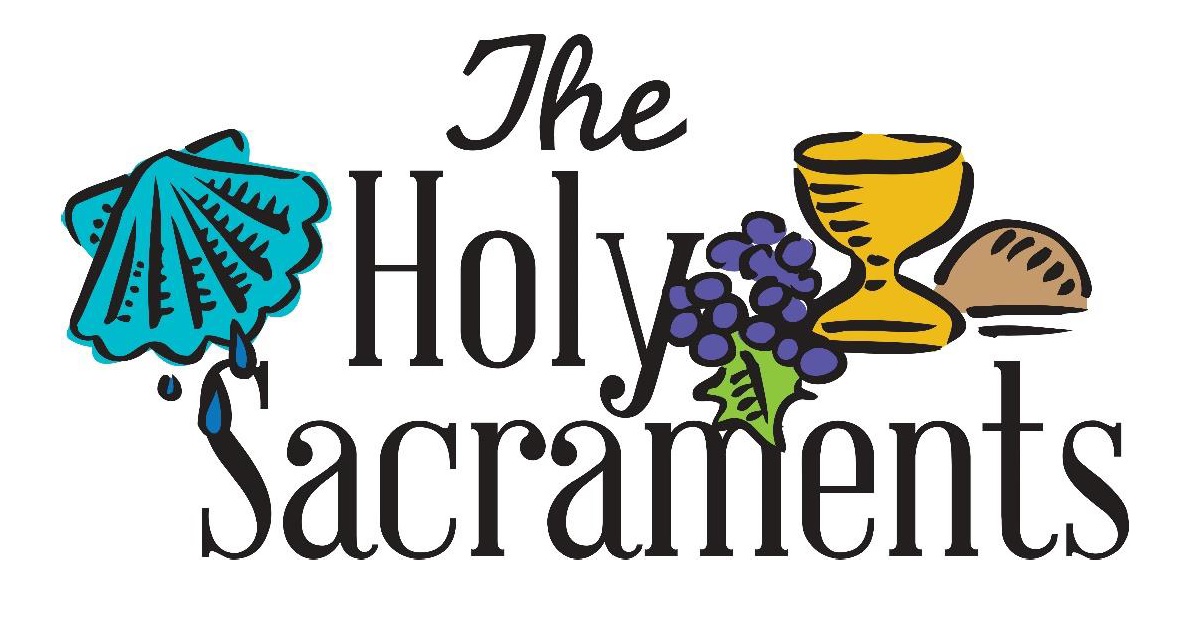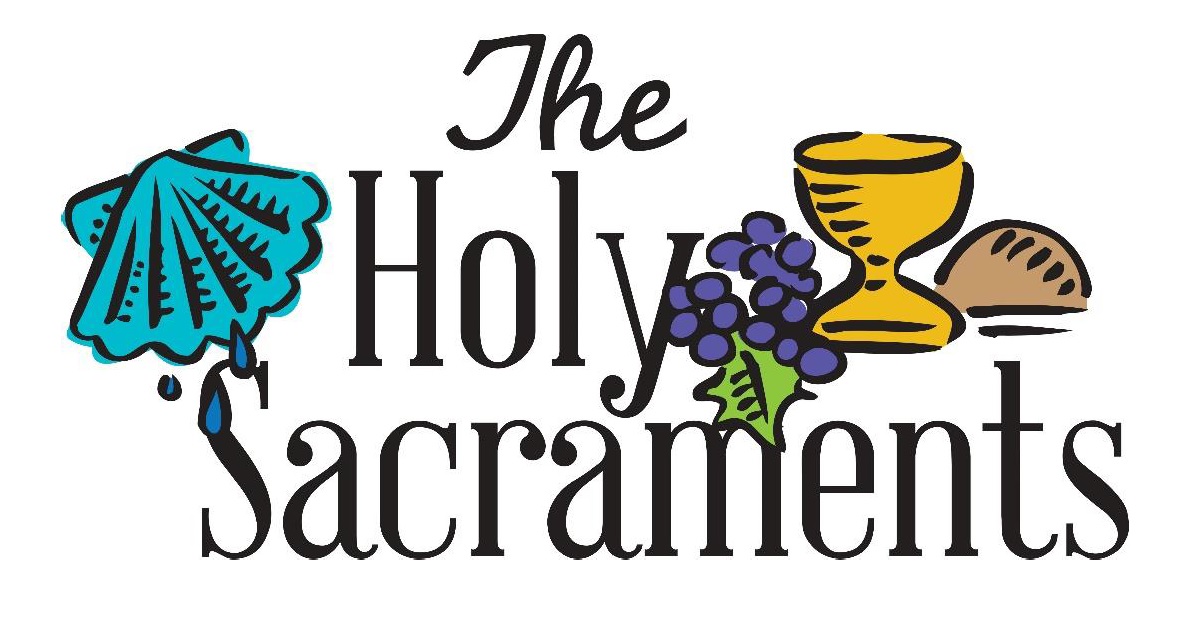
An Unexpected Kind of Messiah
Today we hear from three teachers. The prophet Isaiah calls himself a teacher, one whose words sustain weary people. James warns about foolish and hurtful use of our tongues, which should be used to “bless the Lord and Father,” but often are used to “curse those who are made in the likeness of God.” The final voice in the trio is Jesus, the teacher, who keeps the disciples quiet about any Messiah identity but speaks openly about his own suffering, death, and resurrection. Peter tries to counsel Jesus that no one willingly chooses to go along with that kind of plan. Nobody likes a loser. But Jesus responds that Peter has lost sight of what is most important in life. Jesus teaches the disciples that they will lose their life for the sake of the gospel.
How does the Holy Spirit move in, through, before, and after worship to sustain weary people with the word and sacraments? How can we make spaces for silence, art, and song so that people living through suffering and facing death can breathe, see, and hear God’s presence with them? In what ways do we make the same mistake as the disciples did, expecting a Messiah but then setting our visions on human rather than on divine things?
Jesus invites people of faith and those who doubt Jesus’ way to engage rather than avoid, conquer, or escape. What practices will help worshipers today to imagine the ways they are being called to “lose” their life in order to save it? From what does Jesus want to free people so that they will be able to pick up a different kind of burden and follow him? Then and now, Jesus invites followers on the way of the cross—a path of daily learning, dying, and new life.

